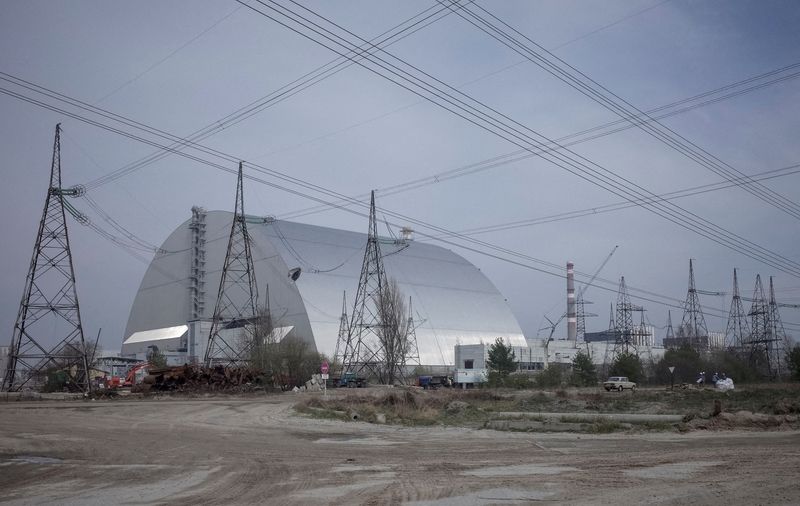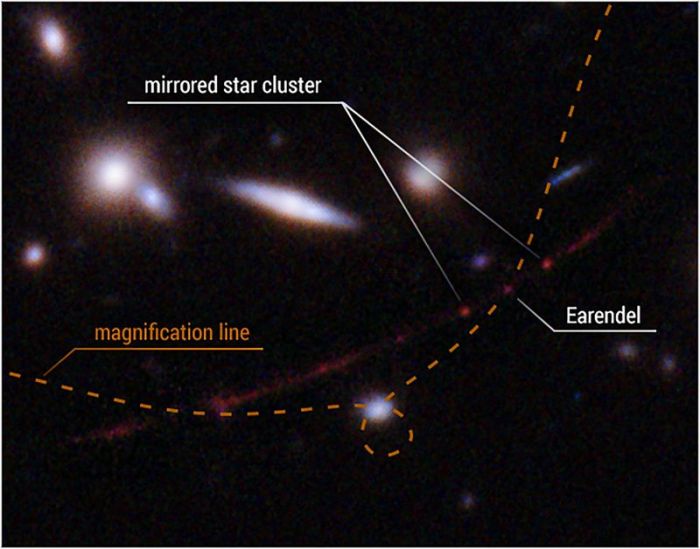LVIV, Ukraine (Reuters) -The Ukrainian state nuclear company said on Thursday that all of the Russian forces occupying the Chernobyl nuclear power station had withdrawn from the territory of the defunct plant.
There was no immediate comment from the Russian authorities. The U.N. nuclear watchdog, International Atomic Energy Agency (IAEA), said it is preparing to send a mission to the radioactive waste facilities at Chernobyl in northern Ukraine.
Though Russian soldiers seized control of Chernobyl soon after the Feb. 24 invasion, the plant’s Ukrainian staff continued to oversee the safe storage of spent nuclear fuel and supervise the concrete-encased remains of the reactor that exploded in 1986, causing the world’s worst nuclear accident.
“According to the staff of the Chernobyl nuclear power plant, there are now no outsiders on site,” Energoatom said in an online post. State-owned Energoatom had earlier said most troops had gone, leaving only a small number behind.
Russian forces have also retreated from the nearby town of Slavutych, where workers at Chernobyl live, the company said.
In a separate post, Energoatom said the Russian side had formally agreed to hand back to Ukraine the responsibility for protecting Chernobyl. It shared the scan of a document signed by people it identified as a senior staff member at Chernobyl, the Russian military official assigned to guarding Chernobyl.
Reuters could not immediately verify the authenticity of the document.
Ukraine has repeatedly expressed safety concerns about Chernobyl and demanded the withdrawal of Russian troops, whose presence prevented the rotation of personnel for a time.
Earlier this week, workers at the site told Reuters that Russian soldiers had driven without radiation protection through the Red Forest, the most radioactively contaminated part of the zone around Chernobyl, kicking up clouds of radioactive dust.
Asked to comment on the accounts from Chernobyl staff, Russia’s defence ministry did not respond.
Energoatom said that as a result of their concerns about radiation, “almost a riot began to brew among the soldiers,” suggesting this was the reason for their unexpected departure.
The IAEA said it had not been able to confirm the reports of Russian forces receiving high radiation doses.
Earlier on Thursday, the head of Energoatom urged the IAEA to help ensure Russian nuclear officials do not interfere in the operation of Chernobyl and the Zaporizhzhia nuclear power plant, Europe’s largest, which is also occupied by Russian soldiers.
(Reporting by Pavel Polityuk and David Ljunggren; Writing by Alessandra Prentice and Timothy Heritage; editing by Jonathan Oatis, Alexandra Hudson and Grant McCool)























